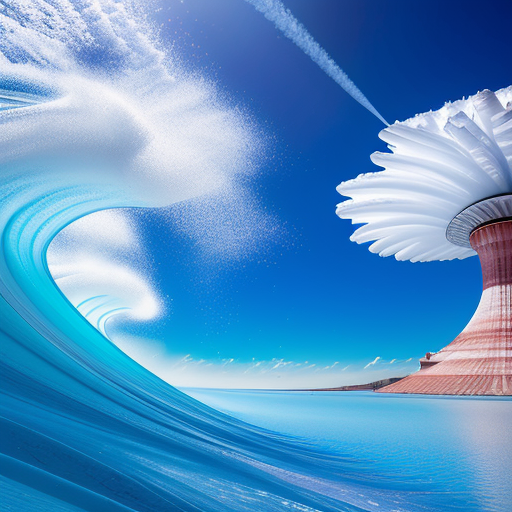Intellectuals are individuals who engage in the pursuit and exploration of knowledge. They are renowned for their ability to think critically, challenge societal norms, and contribute to the advancement of various fields such as science, philosophy, literature, and art. Intellectuals possess a deep curiosity and thirst for understanding, constantly seeking new ideas and insights to expand their knowledge and share with the world.
One notable characteristic of intellectuals is their commitment to independent thinking. They do not simply accept information at face value but rather engage in rigorous analysis, asking probing questions and examining different perspectives. Intellectuals strive to uncover truth and expose falsehoods, often pushing boundaries and challenging societal conventions. They are driven by a sense of responsibility to use their intellect and influence for the betterment of society.
Intellectuals also play a crucial role in promoting social and political change. Through their writings, speeches, and activism, they inspire and mobilize people to challenge oppressive systems, champion human rights, and advocate for justice. Intellectuals often act as catalysts for societal progress, shaping public opinion, and influencing policies through their critical assessments of existing structures and proposals for alternative approaches.
However, being an intellectual does not necessarily require formal education or academic achievement. Intellectualism is more about a state of mind, characterized by an insatiable curiosity, a commitment to education, and the constant pursuit of knowledge. Intellectuals can be found in all walks of life, from academic institutions to artistic circles, from grassroots activists to technological innovators. Their diverse perspectives and contributions enrich our understanding of the world and help us navigate the complexities of contemporary society.
